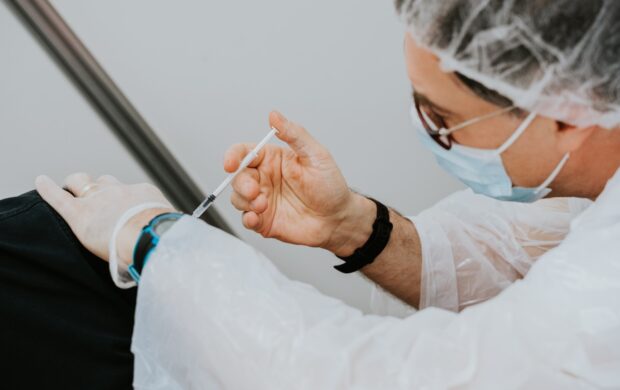A coalition of doctors, patients’ groups and campaigners in the UK has made the first call for a patent on a life-saving drug to be set aside in a rich country, potentially signalling a new approach to intellectual property (IP) in the pharmaceutical industry.

It is now fifteen years since the heated global debate around the high cost of anti-retroviral drugs for HIV was resolved. A few countries such as India were permitted to make and sell cheap generic copies of the drugs for African countries that could not afford the artificially high cost of the patented versions, under a process known as compulsory licensing. At the time it was assumed that rich countries would continue to pay full price for pharmaceuticals under patent.
However a convergence of factors – such as ageing populations and the ongoing austerity agenda resulting from the 2008 financial crisis – means that some new patented drugs are becoming too expensive for healthcare systems in rich countries like the UK. Advanced cancer drugs in particular are often rationed due to the extremely high cost of the patented versions, despite the fact that the drugs themselves are cheap to make. A particularly eye-catching example of this is the drug T-DM1, marketed as Kadcyla by the pharmaceutical company Roche. T-DM1 is highly effective against stage four breast cancer, extending lives with far fewer side effects than chemotherapy. However at an initial cost of £90,000 per patient per year, Kadcyla was the most expensive breast cancer drug ever marketed, and despite recent price reductions it remains too expensive for use by the NHS.
In October 2015, a coalition of doctors, patients and campaigners made a radical proposal to the UK’s health secretary Jeremy Hunt, calling for the government to set aside the patent on Kadcyla and issue a compulsory licence so that cheap generic versions can be manufactured or imported. This is permitted under UK law as long as the company is given ‘affordable compensation’. One of the signatories, Doctor Chris Redd, said “There are 1,500 UK citizens living with breast cancer right now, who could be kept alive by this medication. The solutions are all there in the document. The only question that remains is whether our government is more interested in protecting its citizens or the shareholders of a multinational drug company.” The UK government – caught between vocal patients’ groups on one hand and lobbyists for Big Pharma on the other – is still considering the proposal.












